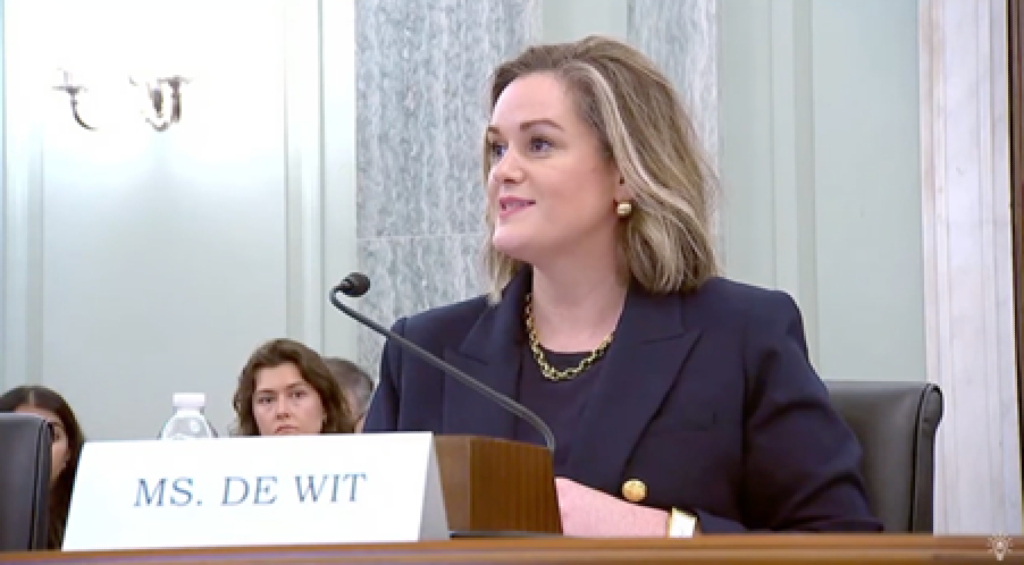Pew Study Reveals Trends in State Plans to Close Digital Equity Gaps
Availability, affordability, and device access emerged as top barriers to Internet access
Jericho Casper

WASHINGTON, Dec. 2, 2024 – State digital equity plans submitted under a federal program revealed a unanimous conclusion: Availability and affordability of the Internet are the most pressing barriers to achieving universal access.
The findings come from a review of digital equity plans submitted by 50 states and two territories conducted by the Pew Charitable Trusts' Broadband Access Initiative in preparation for federal grant awards allocated under the $2.75 billion Digital Equity Act.
“From the analysis, we surfaced a few things,” said Kathryn de Wit, director of Pew’s Broadband Access Initiative, during a Fiber Broadband Association webinar on Wednesday. “The first is that unilaterally, all 52 plans said that the primary barrier to digital equity was the availability and the affordability in broadband.”
“You never get that much agreement among states,” de Wit emphasized.
The second major trend, according to de Wit, was the need to address digital skills and access to devices. “States found fairly consistently that access to appropriate devices was a challenge, but also folks being able to apply the digital skills that they have, either in new ways or up-skilling.”
De Wit highlighted Ohio and Georgia were rolling out innovative programs tailored to the states’ unique needs.
“Ohio, I think, will be a state to watch as they implement and build out an expanded telehealth program,” she said.
During the pandemic, Ohio launched a pilot program to address behavioral health shortages in elementary schools and rural communities. The state plans to expand the program statewide, leveraging broadband to deliver essential mental health services.
Georgia has developed a certification program to teach seniors online safety skills, aiming to reduce vulnerabilities to scams and improve digital fluency.
“It’s helping folks build more fluency and online safety skills, particularly with aging Americans who can fall prey to predatory scams,” de Wit noted.
She stressed the importance of maintaining momentum to ensure the long-term success of these efforts. Federal funding from the $2.75 billion Digital Equity Act has laid the groundwork, but its one-time nature will need continued collaboration among policymakers, private sector partners, and community organizations, she added.
“We need to maintain this momentum to achieve the economic advancement these funds were designed to support,” de Wit said.









Member discussion